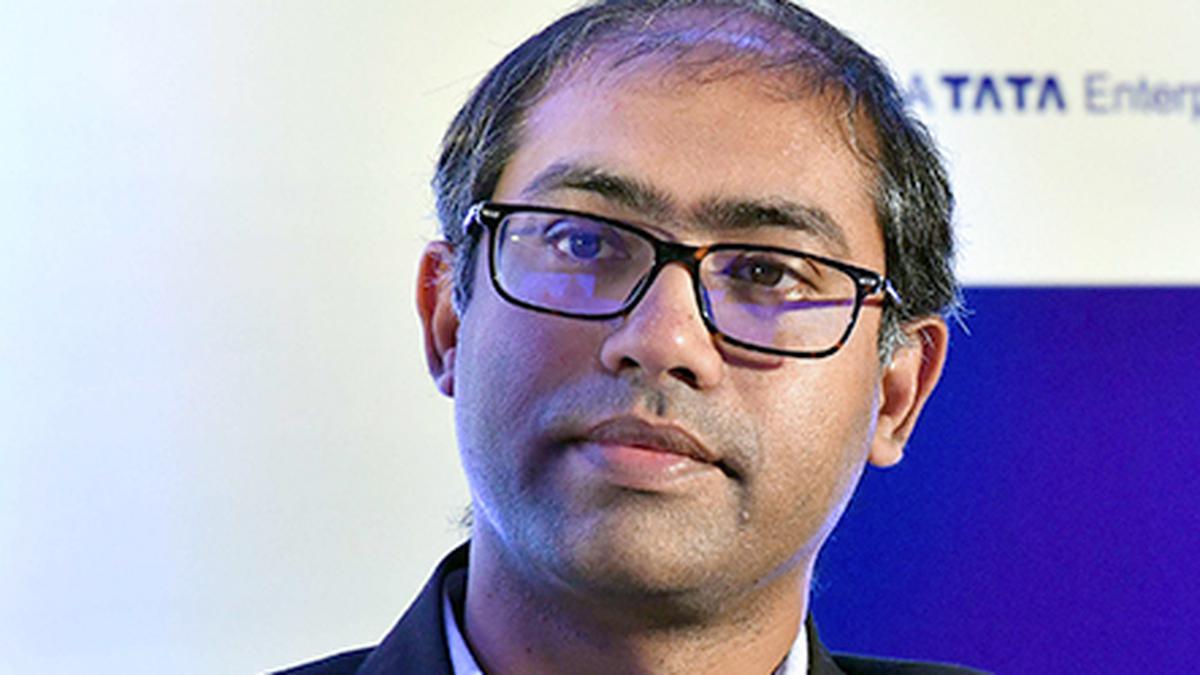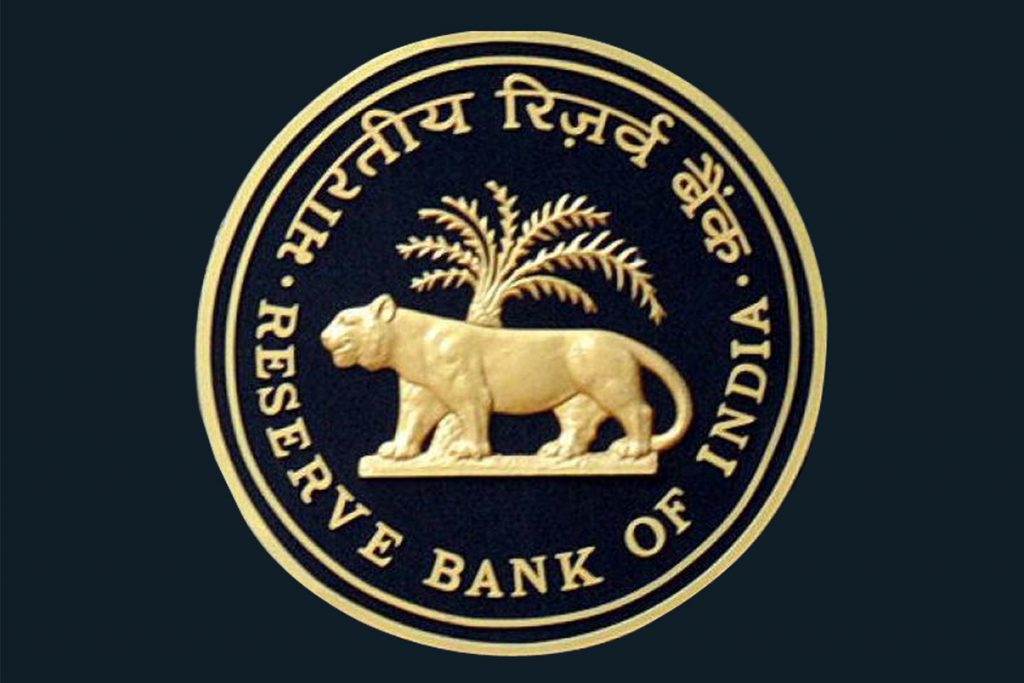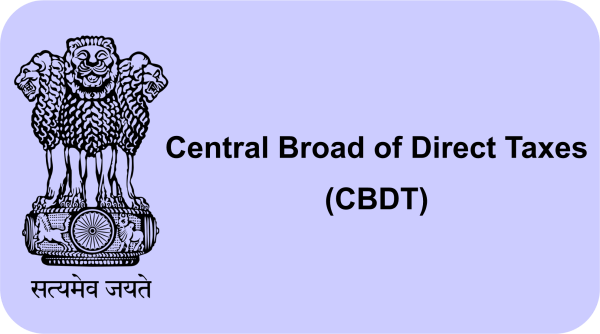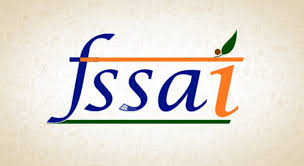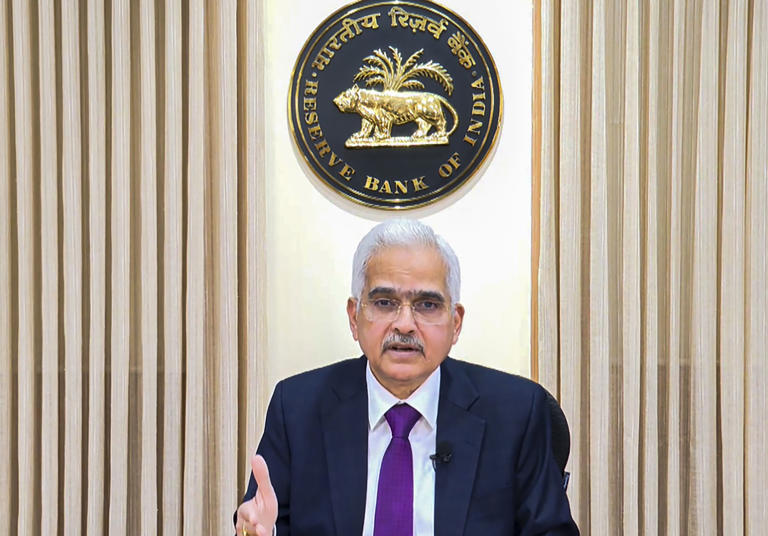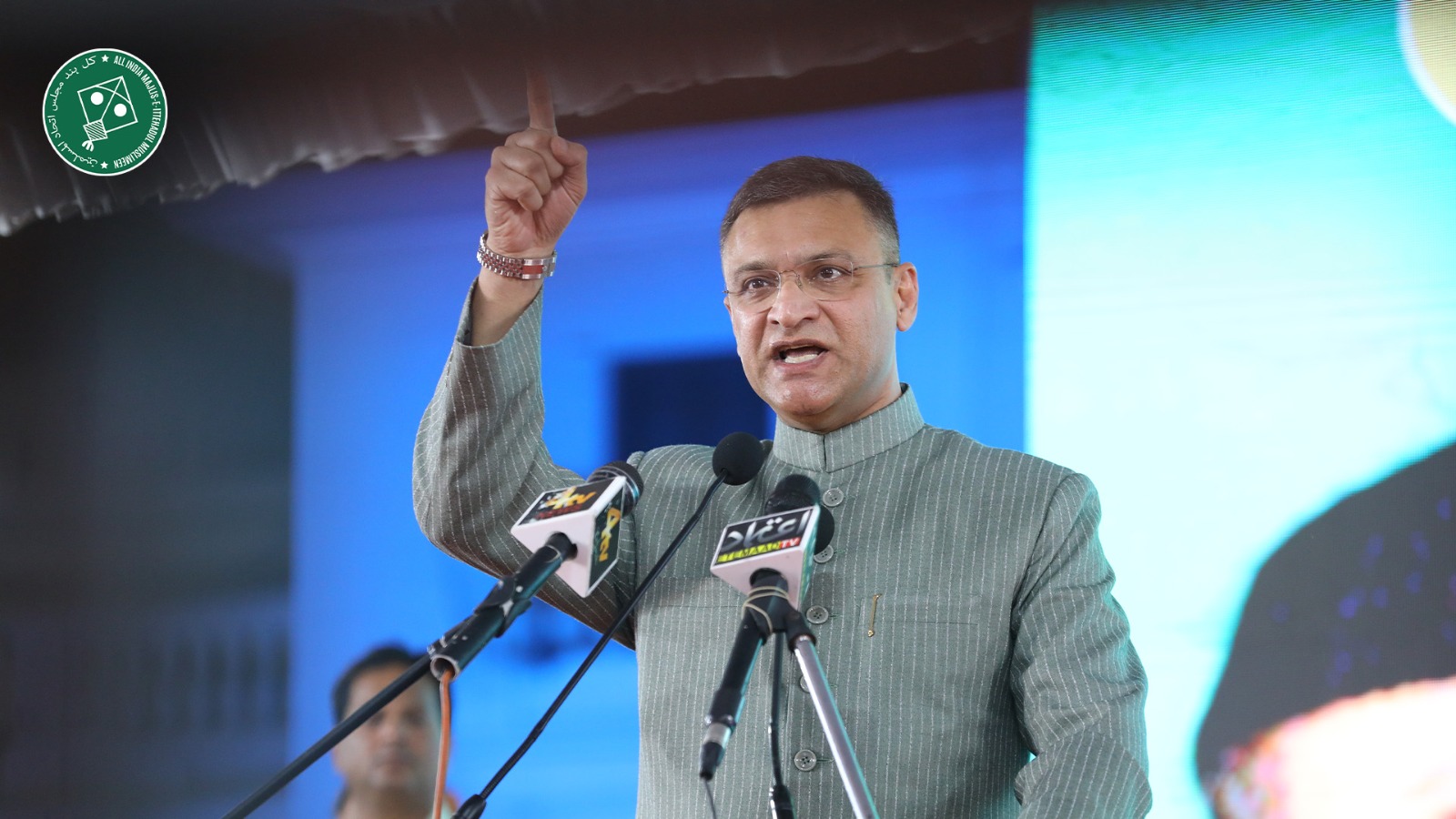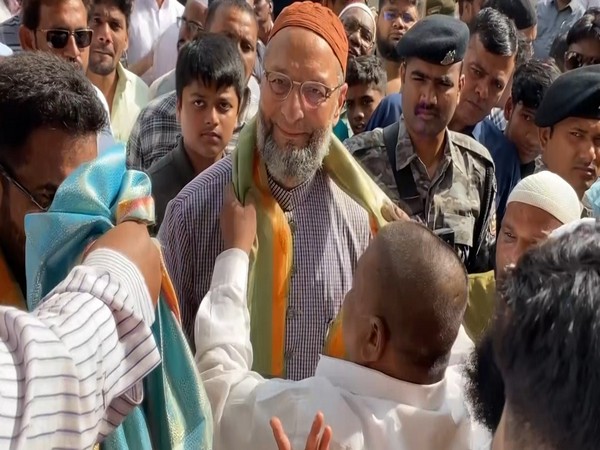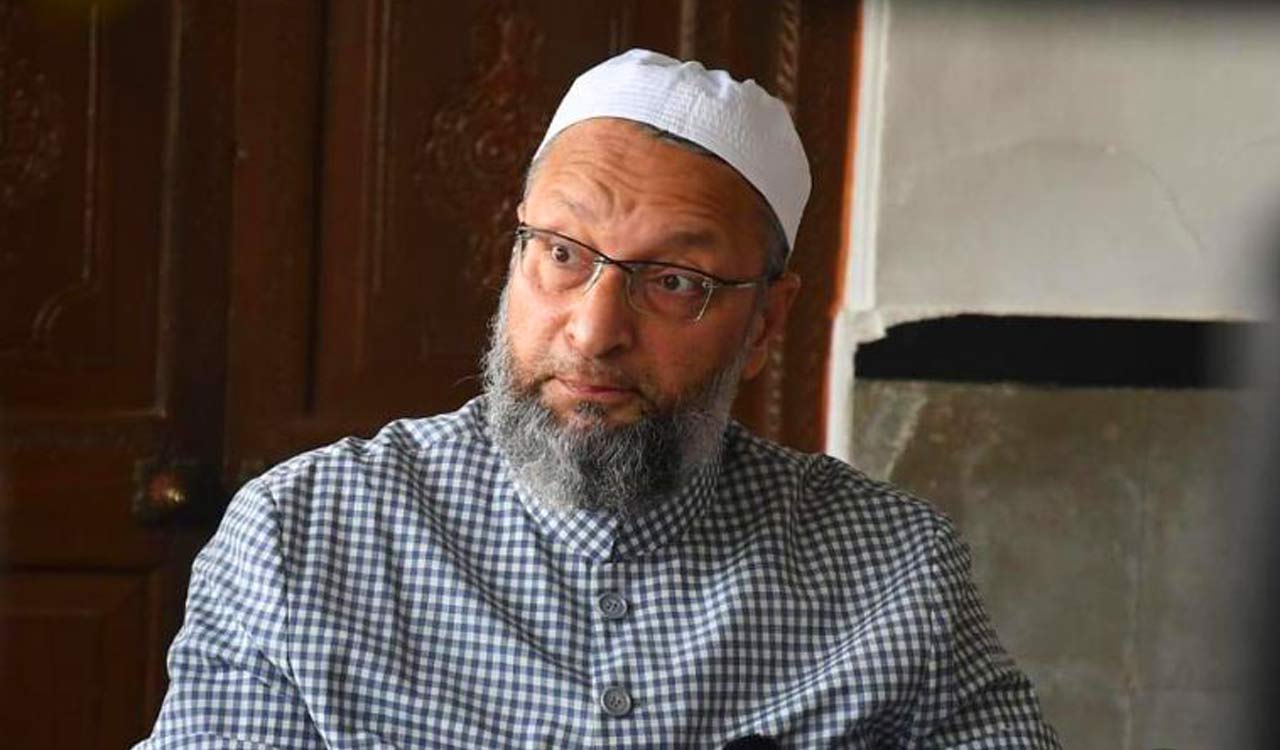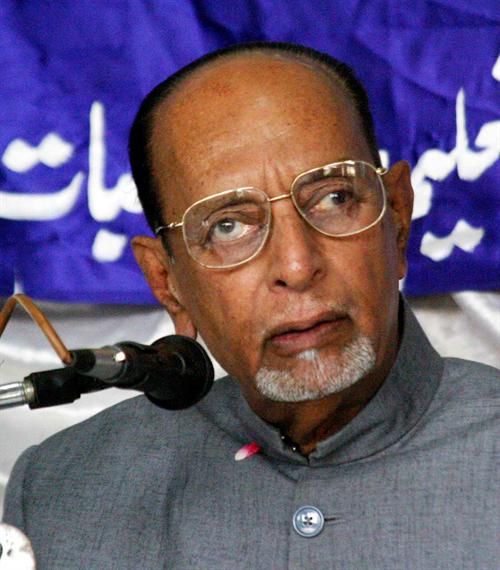Job insecurity gives way to India's 1st IT workers union in Tamil Nadu
Tue 23 May 2017, 19:57:24

In 2008, as Tamil Nadu erupted in angry protests against the killings of Sri Lankan Tamils during that country’s civil war, a group of young software professionals in Chennai’s Tidel Park banded together to form a human chain. “Stop the War, Save Tamils” was their demand – a slogan that featured on posters, T-shirts and Orkut posts.
Nine years later, their agitation has led to the formation of India’s first independent union for information technology employees. Amid reports of large-scale layoffs by several Indian software firms companies, the Forum for Information Technology Employees, which evolved from the campaign to protect Tamils in Sri Lanka, is in the process of getting itself registered formally as a union for technology employees in India. It will be the first independent association of its kind in the country.
Previous attempts to organise the estimated 2.8 million employees of the country’s information technology sector have failed to make much headway. “Normally, the middle class has an aversion to political activity,” said J Jayaprakash, a member of the forum.
But in recent months, insecurity has been running high among India’s information technology employees. Approximately 4.5% of employees are expected to lose their jobs over the next few months, reported Mint, attribution the turbulence to the companies’ “under-preparedness in adapting to newer technologies and dealing with the fallout from US President Donald Trump’s protectionist policies”. It added that at least 56,0000 employees of top software companies such as Infosys, Wipro and Cognizant are expected to lose their jobs over the next year.
This uncertainty has made employees realise the need for collective action. Said Jayaprakash: “Since we ourselves are IT employees who have started this, people trust us to take up their issues. It is a homegrown solution to their problems.”
Hard times
Jayaprakash said professionals who joined the industry around 2005 and have 10 years to 20 years of work experience will be hit the hardest by the turbulence. In their place, younger employees on lower salaries are expected to be hired.
“The companies call this ‘trimming the extra fat’,” he said. “But they do not realise that each and every employee has a family to
support.”
support.”
After starting off as a protest lobby to bring attention to the state of Tamils in Sri Lanka, the group went on to become the Young Tamil Nadu Movement, highlighting problems such as caste oppression, minority rights and gender inequality in the workplace, among others. Since most of the members were technology professionals, they decided to form a support group for their coworkers, listening to their grievances and finding ways to tackle them. Today, the Forum for Information Technology Employees has over 1,000 online members and around 100 active members. It has opened chapters in eight other cities including Bengaluru, Hyderabad, Mumbai and Delhi.
The leaders include Vasumathi, who once worked for Tata Consultancy Services. “I am not a victim of lay-offs or discriminatory practices,” said Vasumathi,who is the group’s vice-president. “But when I saw how people were suffering from job losses, I decided to pitch in to help.”
The group has already fought several cases on behalf of employees who were indiscriminately fired. In one instance, its efforts resulted in Tata Consultancy Services reinstating a pregnant woman employee who had been dismissed despite a good performance record.
Long road for unions
Another such group working for software professionals in Chennai is the information technology wing of the New Democratic Labour Front, a labour union that is active across Tamil Nadu and Puducherry. The wing – which came up at around the same time as the Forum for Information Technology Employees – was instrumental in getting the state government to clarify in June last year that information technology employees have the right to form labour unions under the Industrial Disputes Act.
“In Tamil Nadu, we have a tradition of standing up to oppression right from the Dravidian movement,” said Kumar, a member of the New Democratic Labour Front. According to him, this is because the state has a high percentage of reservation in education for members of backward classes and many of them have gone on to become a part of the information technology industry. “Some do get corrupted by their peers,” Kumar said. “But most stay true to their humble backgrounds. Many of their parents still work as farmers in villages across Tamil Nadu. These people have an innate sense of justice and not entitlement.”
No Comments For This Post, Be first to write a Comment.
Most viewed from Business
AIMIM News
Owaisi Begins Election Campaign in Hyderabad
Apr 13, 2024
Bring back Indian workers in Israel: Owaisi
Apr 13, 2024
Darussalam to be closed tomorrow
Apr 06, 2024
Latest Urdu News
Most Viewed
May 26, 2020
Do you think Ruturaj Gaikwad would be a good captain for Chennai Super Kings?
Latest Videos View All
Like Us
Home
About Us
Advertise With Us
All Polls
Epaper Archives
Privacy Policy
Contact Us
Download Etemaad App
© 2024 Etemaad Daily News, All Rights Reserved.



